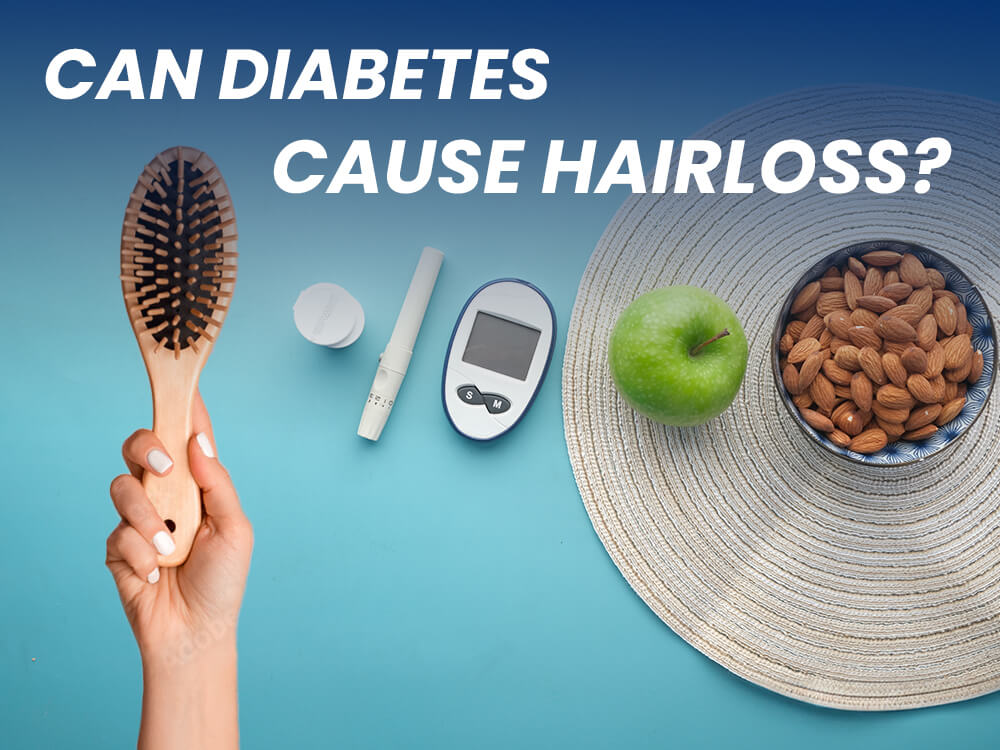
Diabetes is a chronic condition that affects millions of people worldwide. It’s known for its impact on blood sugar levels, but it can also have other, less well-known effects on the body. One such effect is hair loss, which can be a distressing symptom for many people living with diabetes. This article explores the link between diabetes and hair loss, and discusses various treatment options available.
The Link between Diabetes and Hair Loss
Diabetes can lead to a variety of health complications, including hair loss. This is primarily due to the impact of diabetes on the body’s circulatory system. Poor blood circulation can affect the growth and health of hair follicles, leading to thinning hair or even baldness.
Another reason for hair loss in people with diabetes is the stress that the condition places on the body. Chronic illnesses like diabetes can cause physical stress, which can lead to telogen effluvium – a condition that causes hair to fall out more quickly than normal.
How Diabetes Affects the Circulatory System
Diabetes can cause damage to the blood vessels, which can lead to poor circulation. When the blood vessels are damaged, they can’t deliver enough oxygen and nutrients to the body’s cells, including the hair follicles. This can cause the hair follicles to weaken and produce thinner, weaker hair.
Over time, if the blood vessels remain damaged and circulation doesn’t improve, the hair follicles may stop producing new hair altogether, leading to hair loss.
The Impact of Stress on Hair Loss
Chronic illnesses like diabetes can cause a great deal of stress on the body. This stress can disrupt the normal cycle of hair growth, leading to hair loss. This is known as telogen effluvium.
Normally, hair goes through a growth phase, a resting phase, and a shedding phase. Stress can push more hairs into the shedding phase, leading to noticeable hair loss. Once the stress is managed, hair usually starts to grow back.
Treatment Options for Hair Loss due to Diabetes
There are several treatment options available for managing hair loss due to diabetes. These include medications, lifestyle changes, and operational procedures.
It’s important to note that treatment effectiveness can vary from person to person. What works for one person may not work for another. Therefore, it’s crucial to discuss these options with a healthcare provider to determine the best course of action.
Medications
There are several medications available that can help to slow down or stop hair loss. These include minoxidil (Rogaine) and finasteride (Propecia). These medications work by stimulating the hair follicles to produce new hair.
However, these medications are not without side effects. They can cause skin irritation, and in some cases, they can even lead to more serious health issues. Therefore, it’s important to discuss these risks with a healthcare provider before starting any new medication.
Lifestyle Changes
Making certain lifestyle changes can also help to manage hair loss due to diabetes. These include eating a healthy diet, getting regular exercise, and managing stress.
A healthy diet can provide the nutrients that the hair follicles need to produce healthy hair. Regular exercise can improve circulation, which can help to deliver these nutrients to the hair follicles. Managing stress can help to prevent telogen effluvium and promote healthy hair growth.
Operational Procedures
For those who have experienced significant hair loss, operational procedures like hair transplants may be an option. These procedures involve transplanting hair from one part of the scalp to another.
While these procedures can be effective, they are also expensive and can carry risks. Therefore, it’s important to thoroughly discuss these options with a healthcare provider before making a decision.
Diabetes can have a significant impact on the body, including causing hair loss. However, there are several treatment options available that can help to manage this symptom. By understanding the link between diabetes and hair loss, and exploring different treatment options, individuals with diabetes can take steps to manage their hair loss and improve their quality of life.




